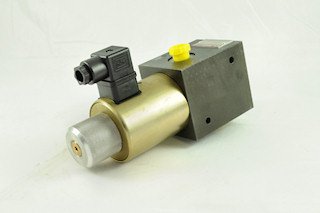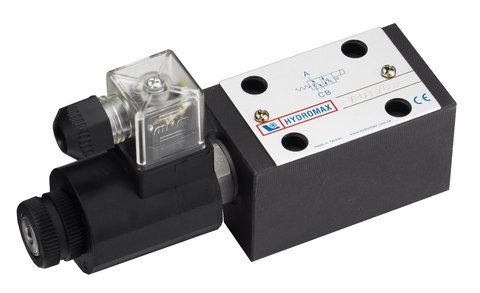When it comes to industrial machinery, no component is more important than the hydraulic solenoid valve. This valve is responsible for controlling the flow of hydraulic fluid in a system, which means that it plays a critical role in the overall functionality of the machine. That’s why it’s so important to select the right hydraulic solenoid valve for your application. This article will discuss the different factors you need to consider when choosing a hydraulic solenoid valve.
What are hydraulic solenoid valves?
Hydraulic solenoid valves are components in hydraulic systems that control fluid flow. They are activated by a solenoid, an electromechanical device that creates a magnetic field. When the solenoid is activated, it pulls a plunger or rod inside the valve to allow or block fluid flow. There are many different hydraulic solenoid valves, each with its own unique set of specifications. Selecting the right valve for your application is important to ensure optimal performance.
How do hydraulic solenoid valves work?
Hydraulic solenoid valves use oil flow to control the opening and closing of a valve. The oil flow is bypassed around the valve when the solenoid is not energised. When the solenoid is energised, it generates a magnetic field that pulls the armature plate against the stop and opens the valve. The oil flow then passes through the valve and on to its destination.
What are the different types of hydraulic solenoid valves?
There are different types of hydraulic solenoid valves available on the market, and it can be tricky to determine which one is right for your application. The most common types are:
• Pressure control valves
• Flow control valves
• Shut-off valves
• Directional control valves
How to select the right hydraulic solenoid valve for your application?
When selecting a hydraulic solenoid valve, it is important to consider the application and the environment in which it will be used. The valve must be able to handle the system’s liquid, gas, and pressure conditions and the temperatures and other environmental factors. It is also important to consider the desired flow characteristics and how the valve will be used. Many different valves are available, so selecting the right one for the job is important. Talk to a valve specialist to make sure you select the right valve for your application.
Tips for troubleshooting hydraulic solenoid valves
Even if you’re confident in your ability to select the right hydraulic solenoid valve for your application, there’s always a chance that you might run into some trouble down the road. Thankfully, you can keep a few tips in mind to help troubleshoot any issues. First, always check the wiring and make sure it’s connected properly. If that doesn’t solve the issue, try cleaning the solenoid valve with a solvent. If it’s still not working correctly, it might be time to replace it.
Conclusion:
Hydraulic solenoid valves are an important component of any hydraulic system, and it is important to select the right valve for your application. The right valve will ensure your hydraulic system’s efficient and trouble-free operation.


